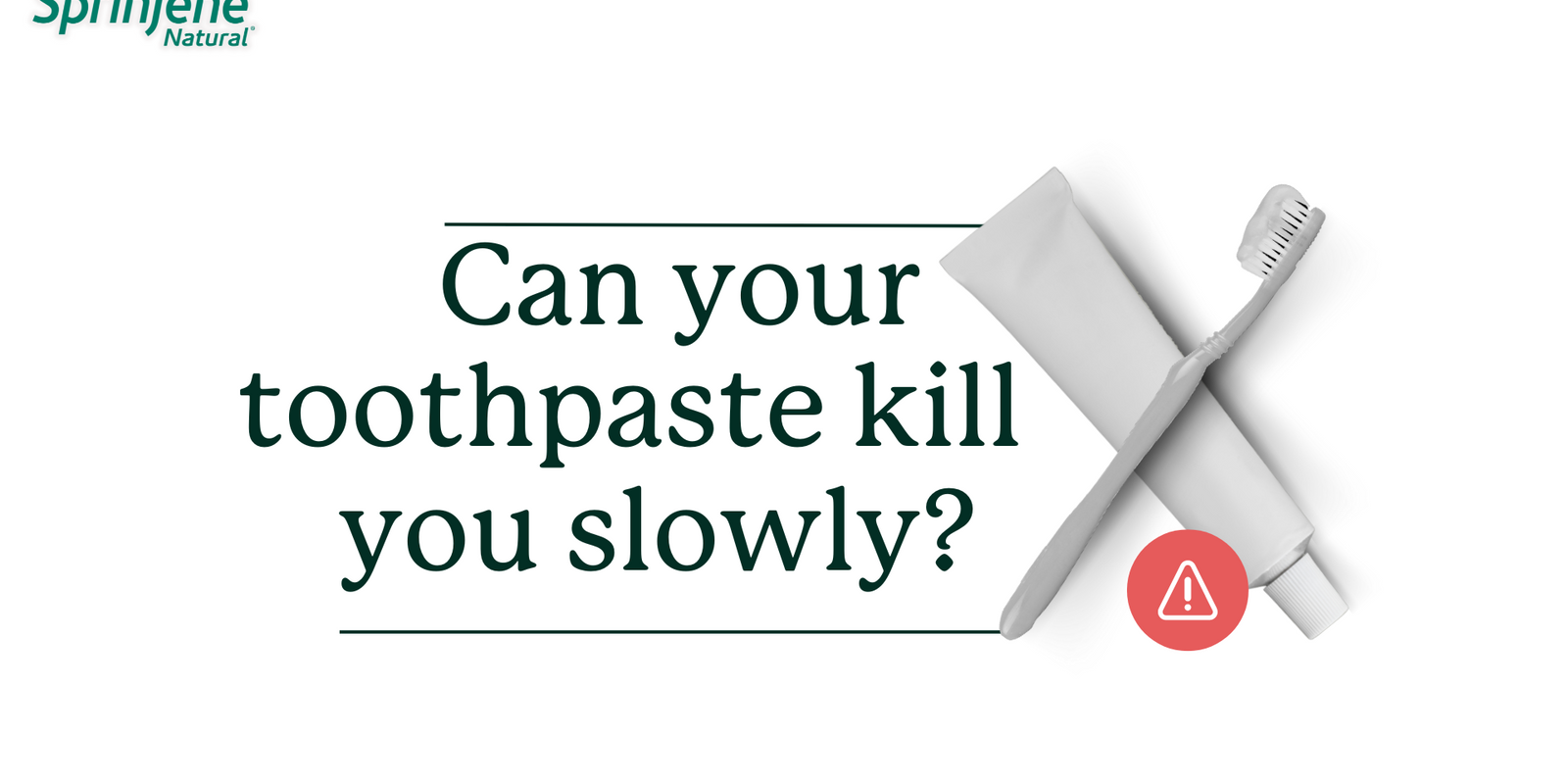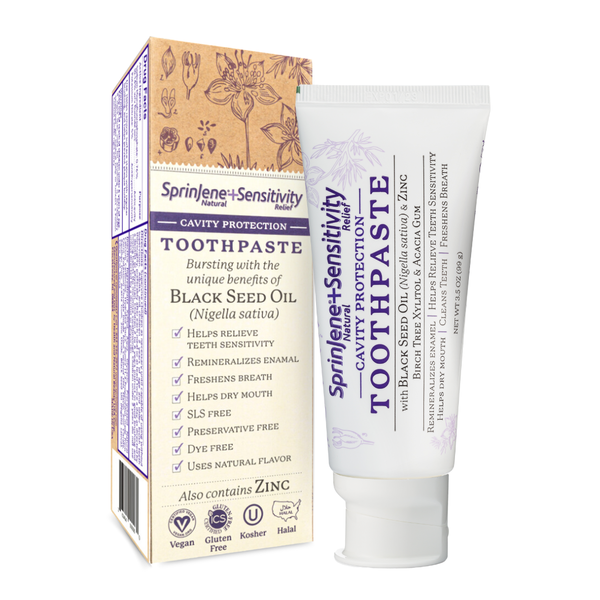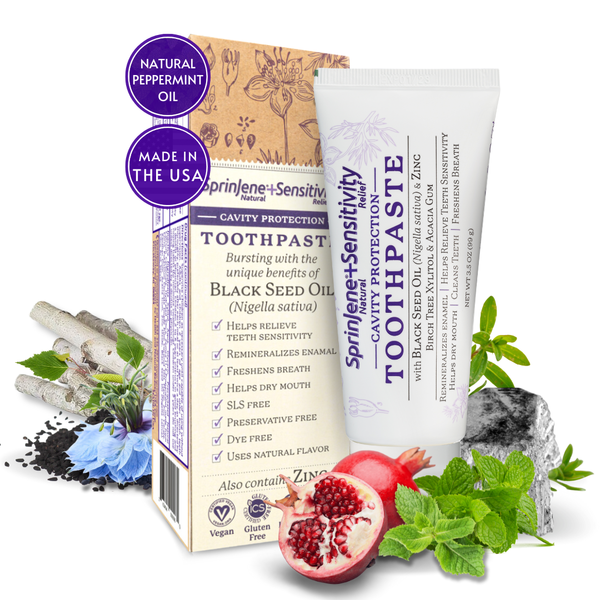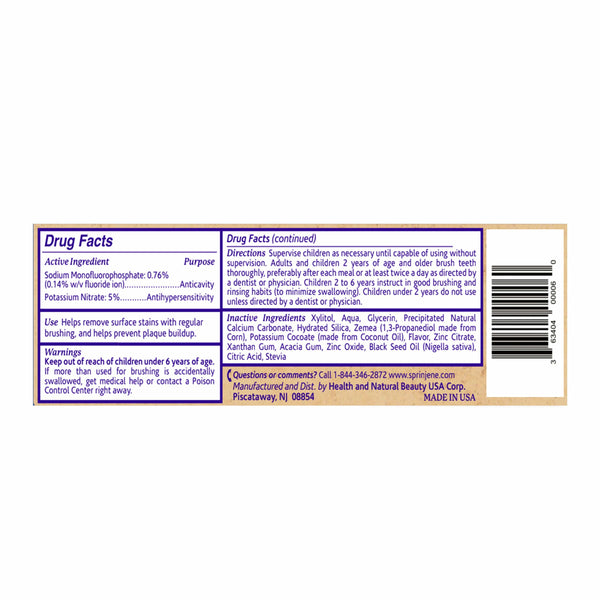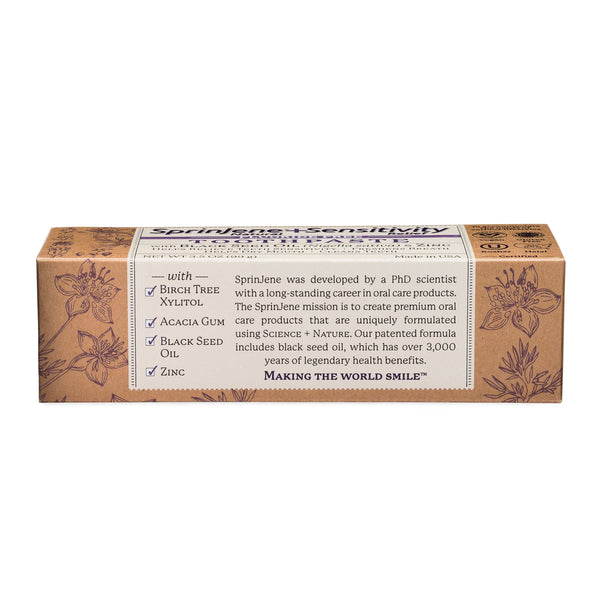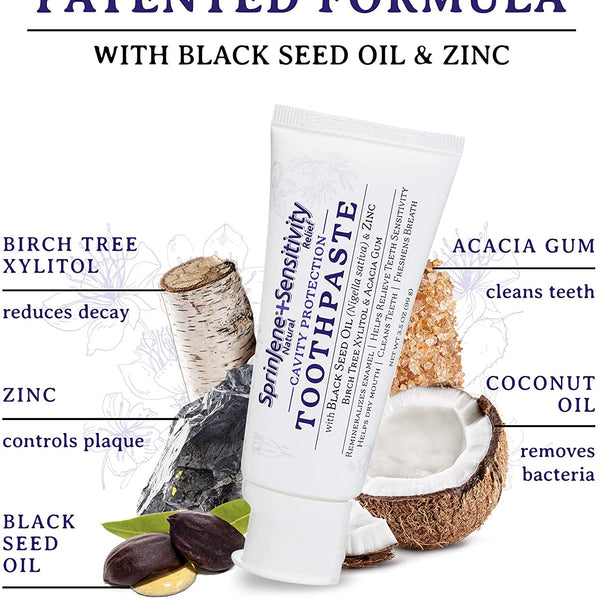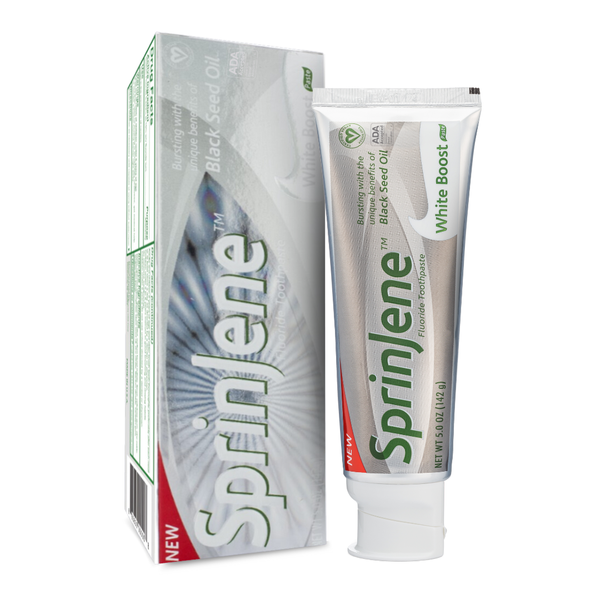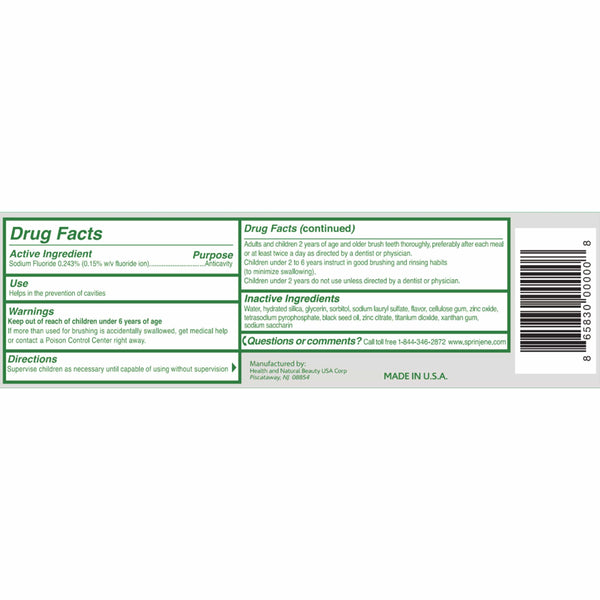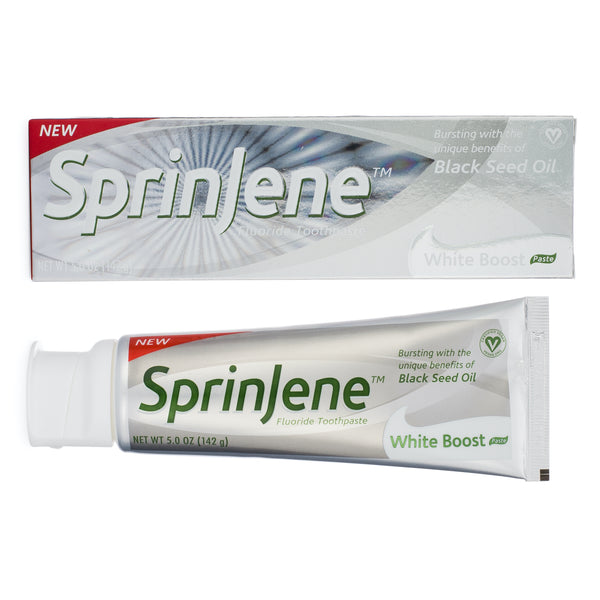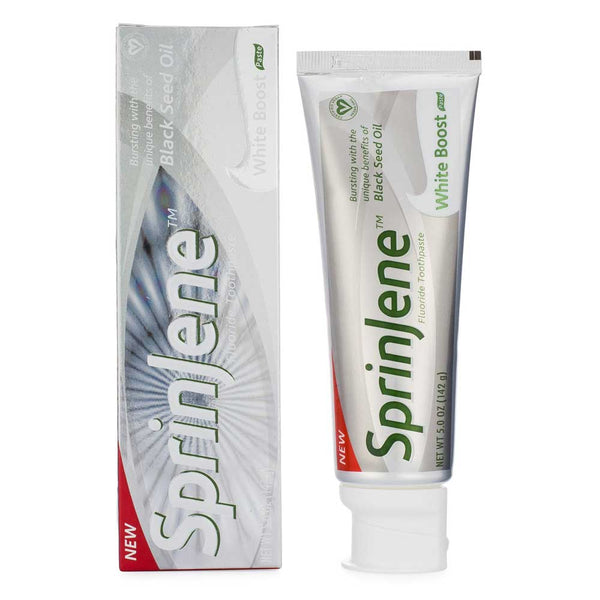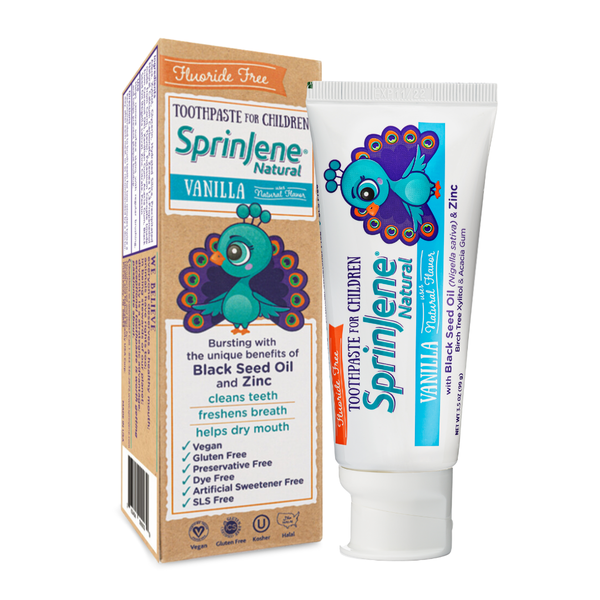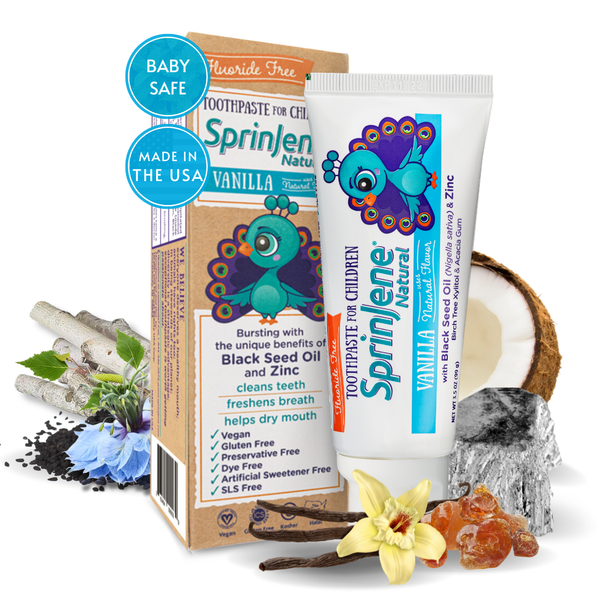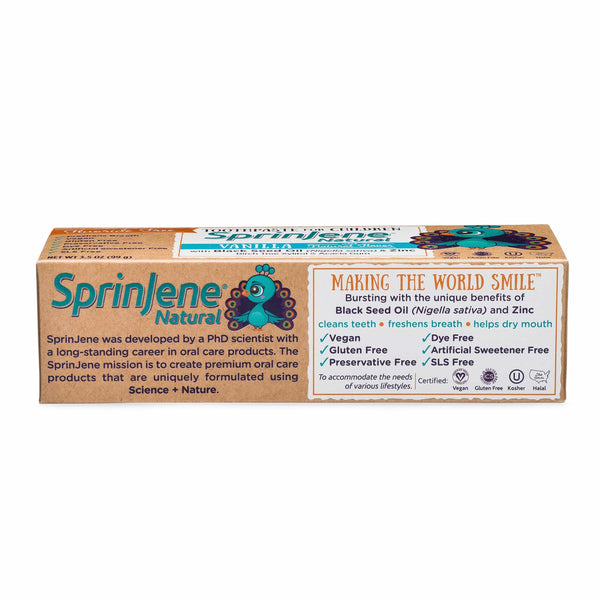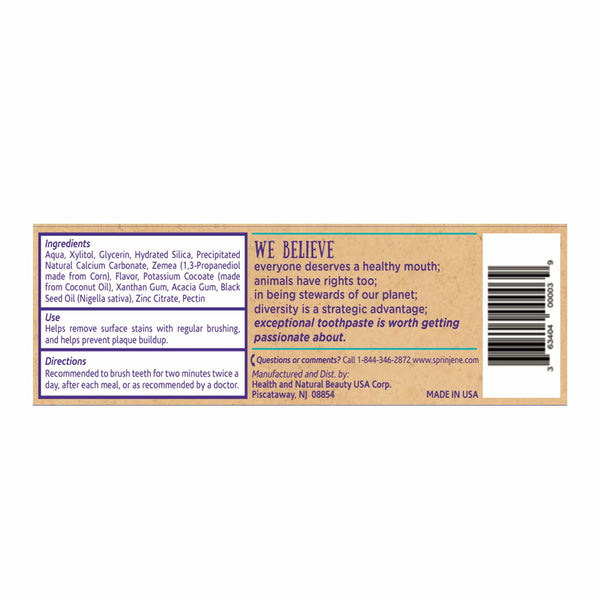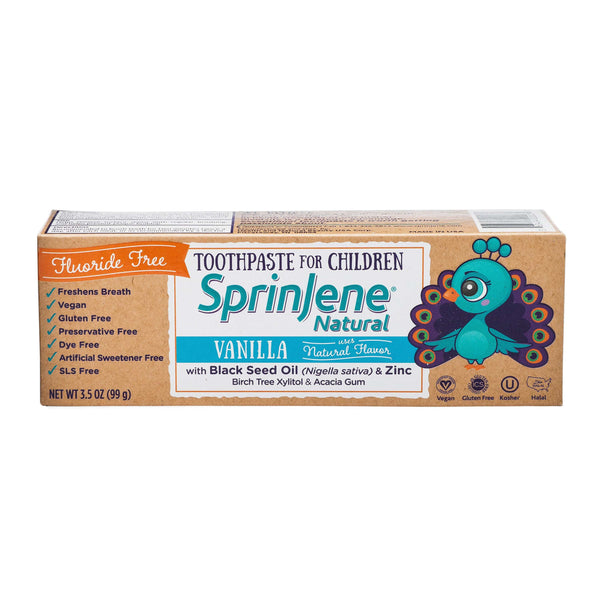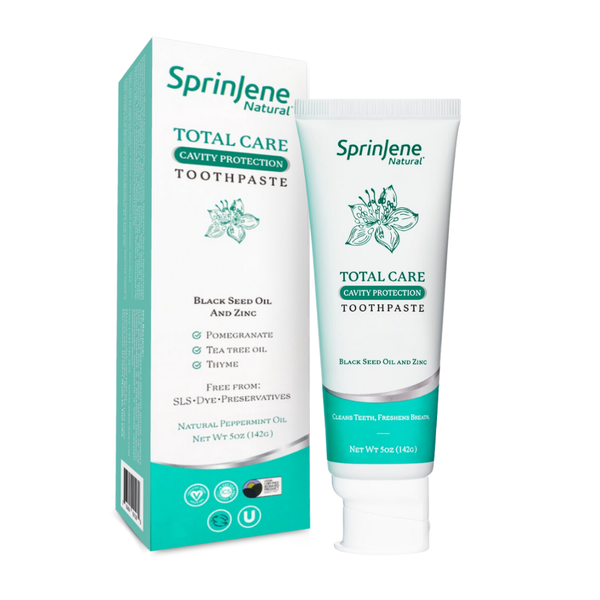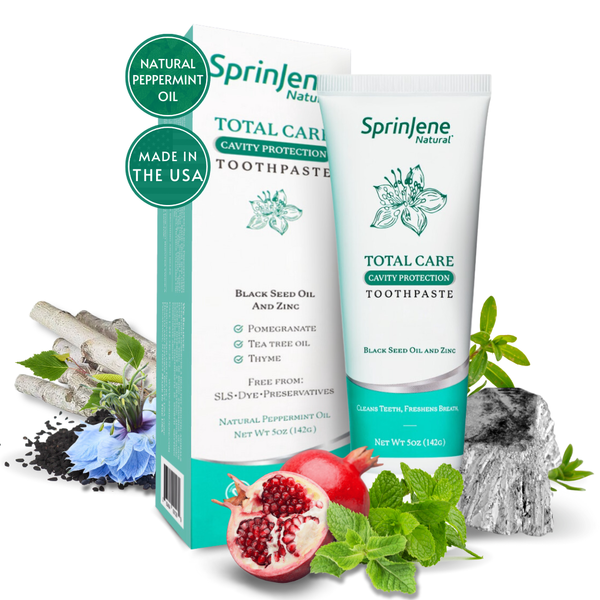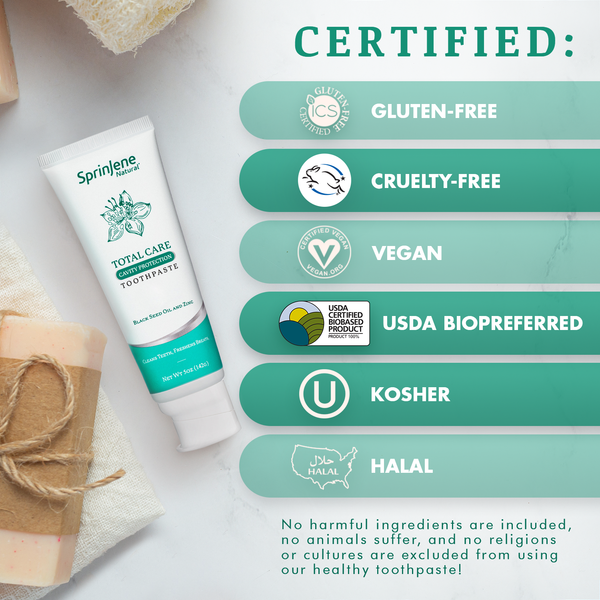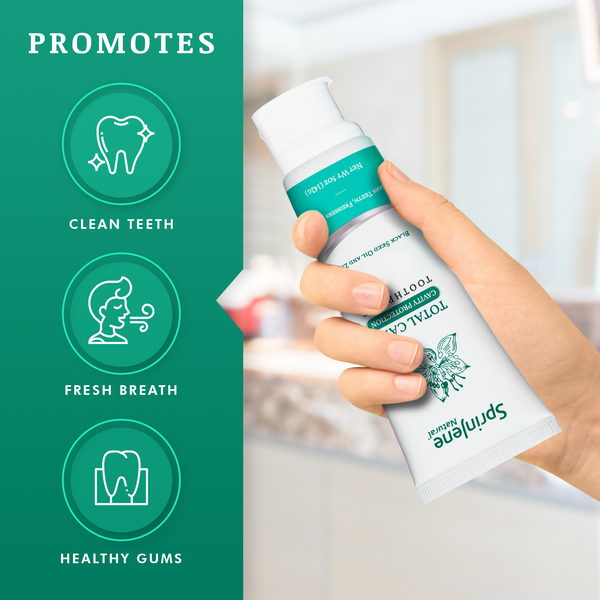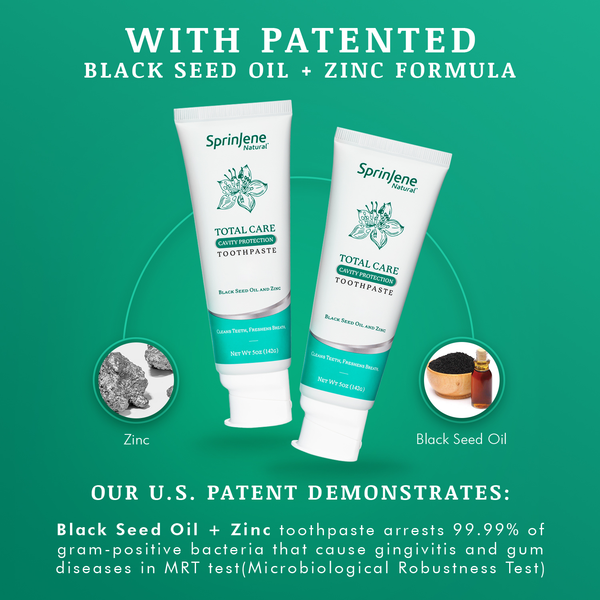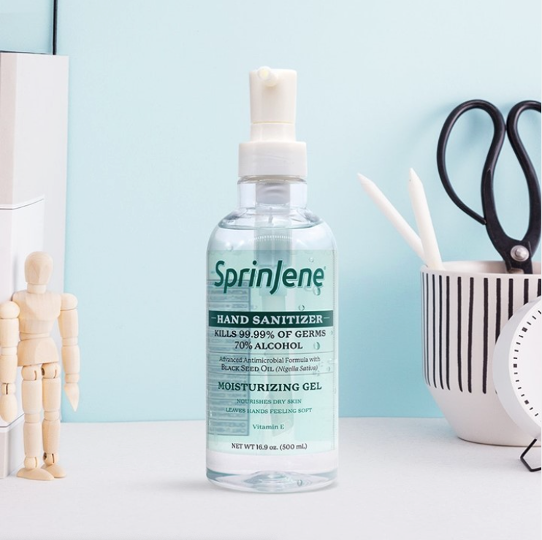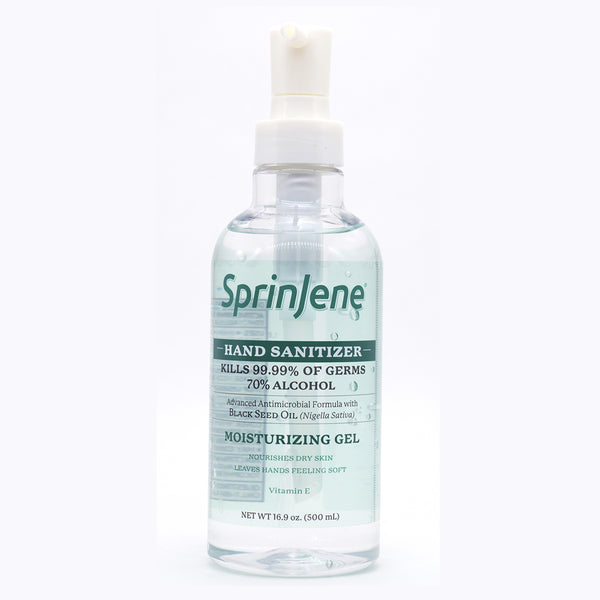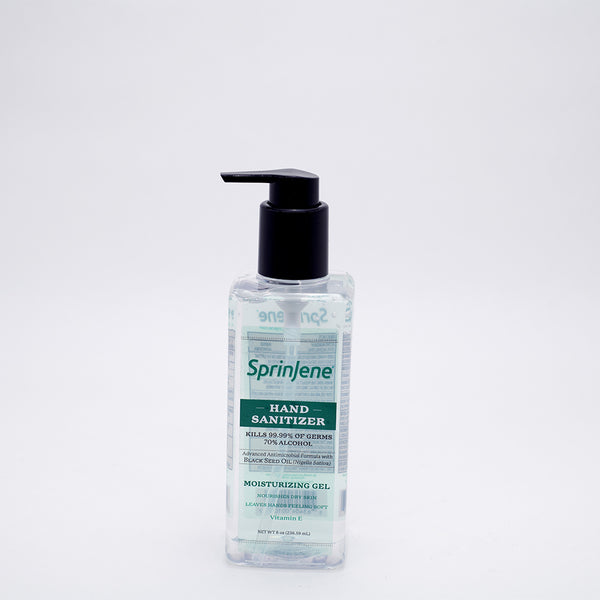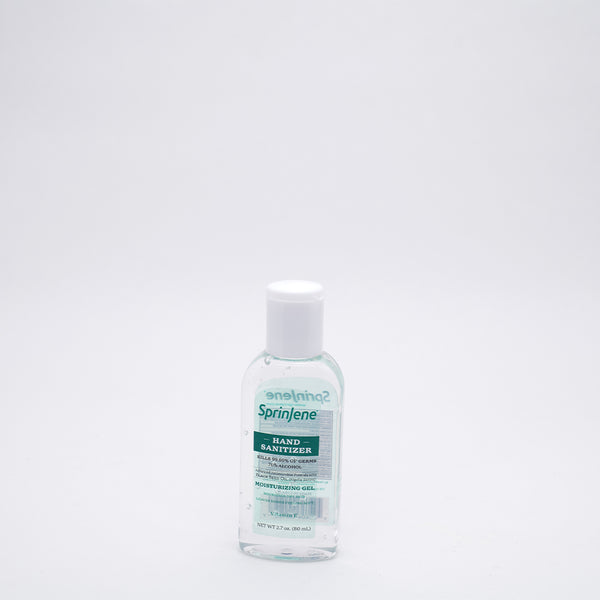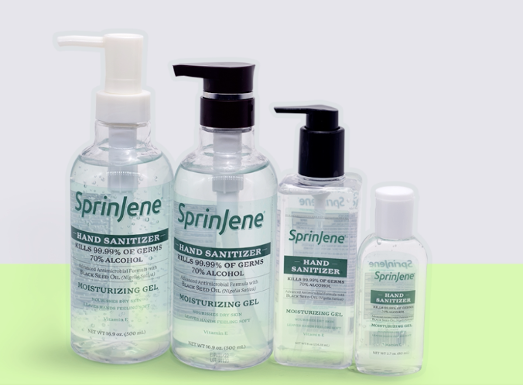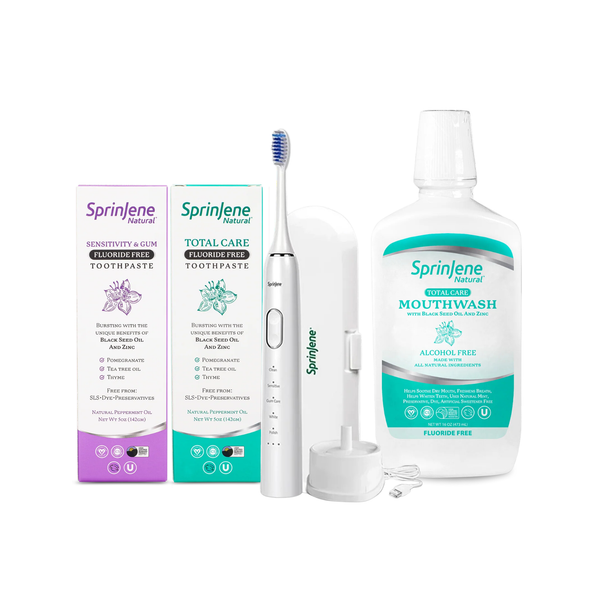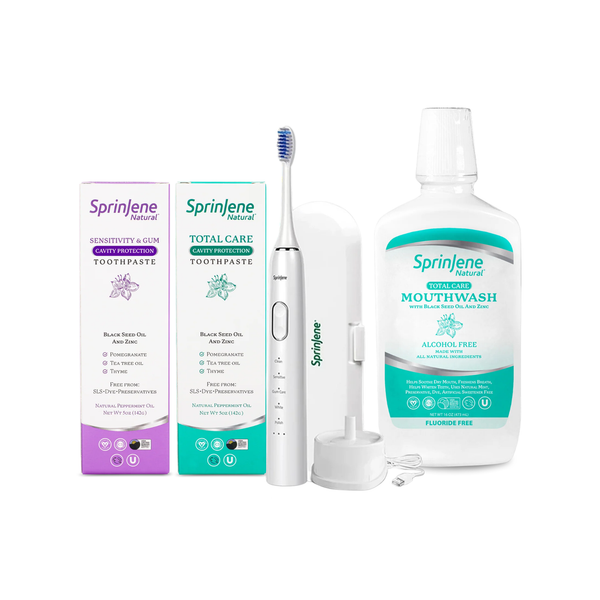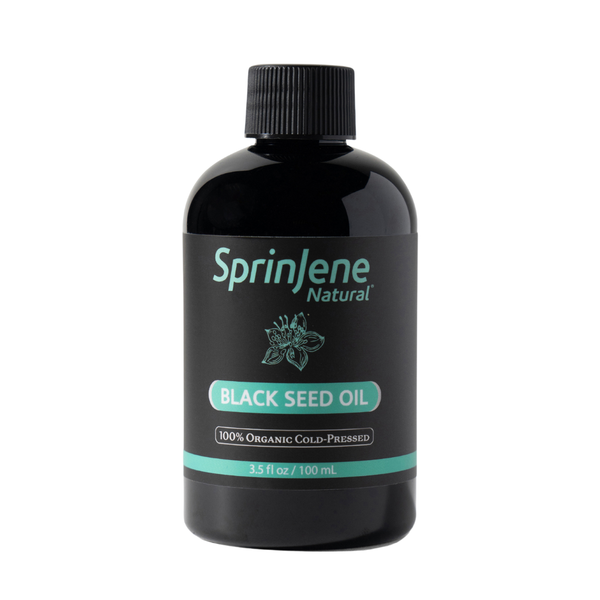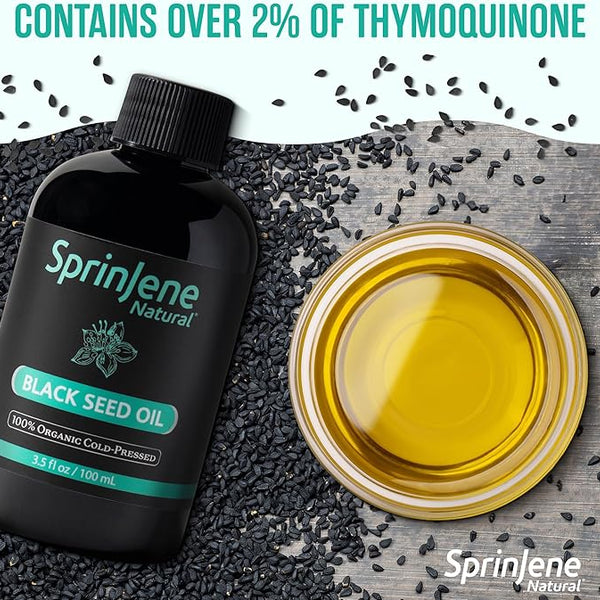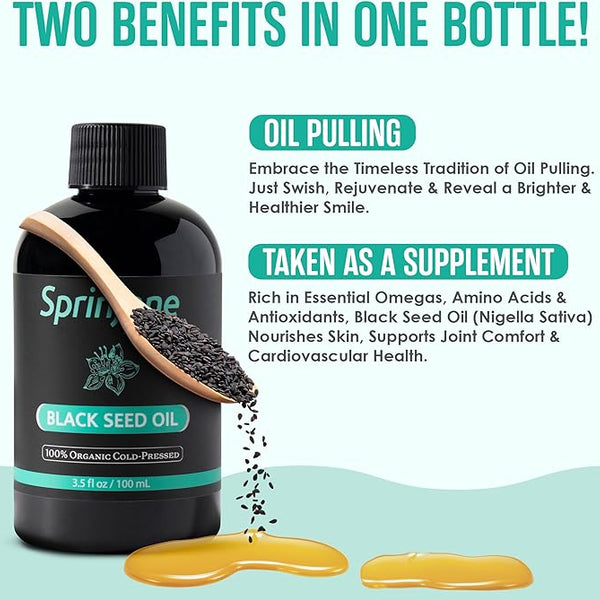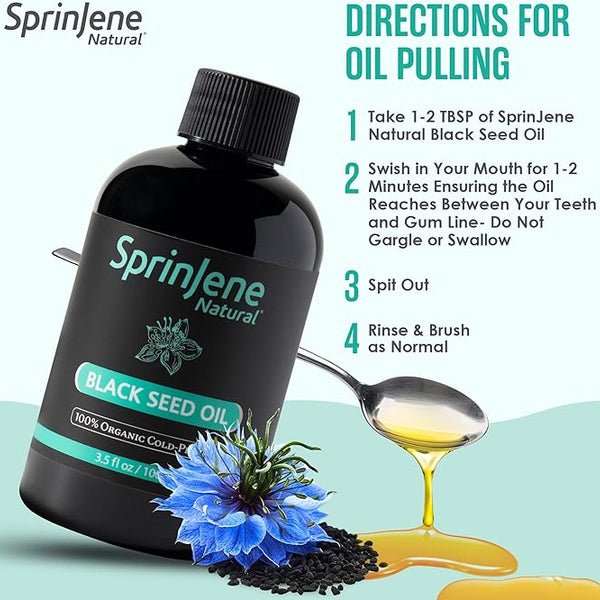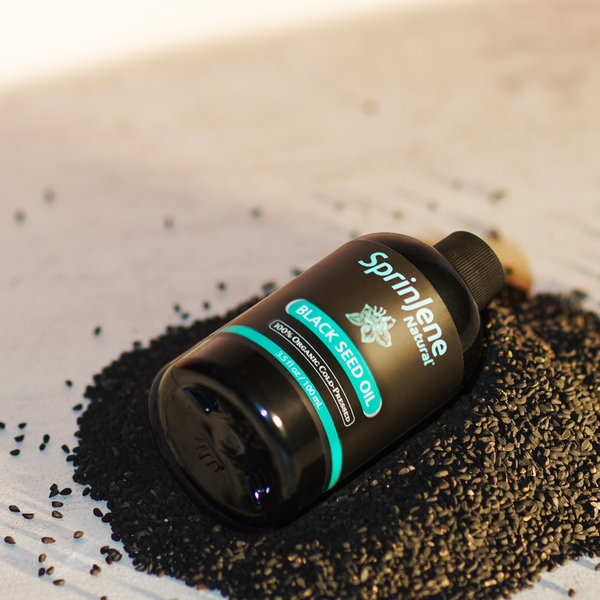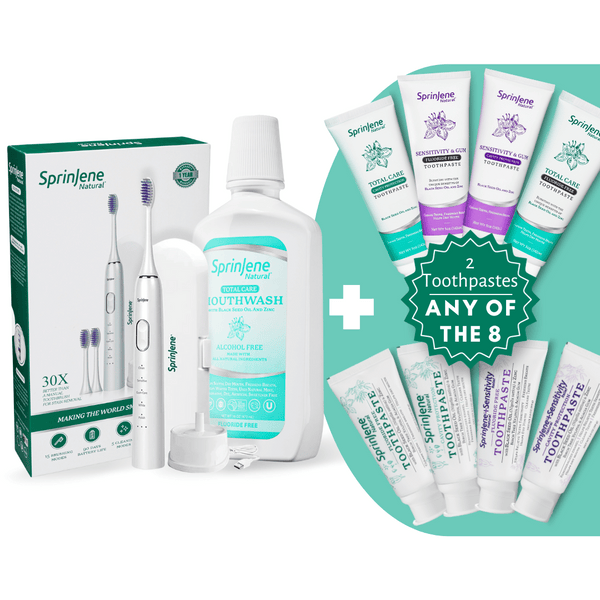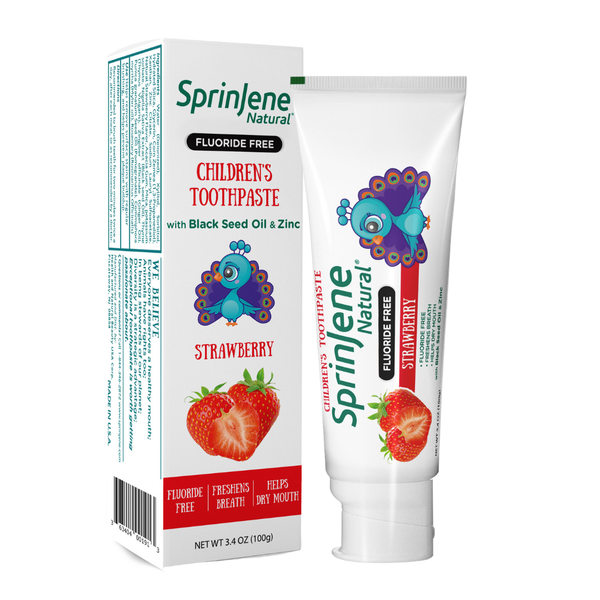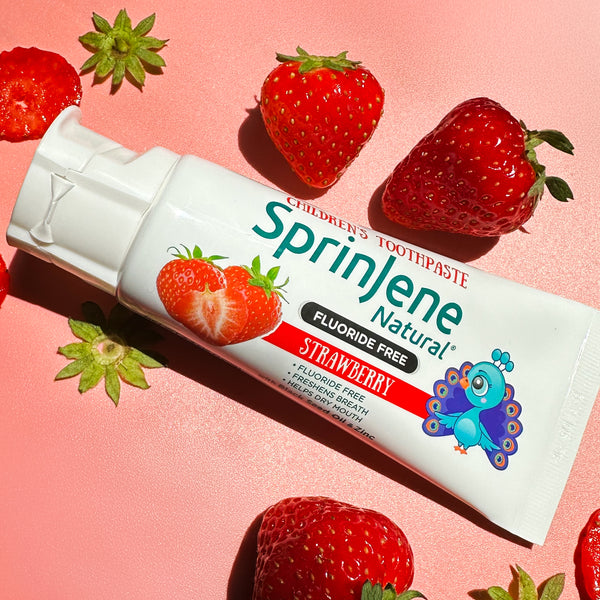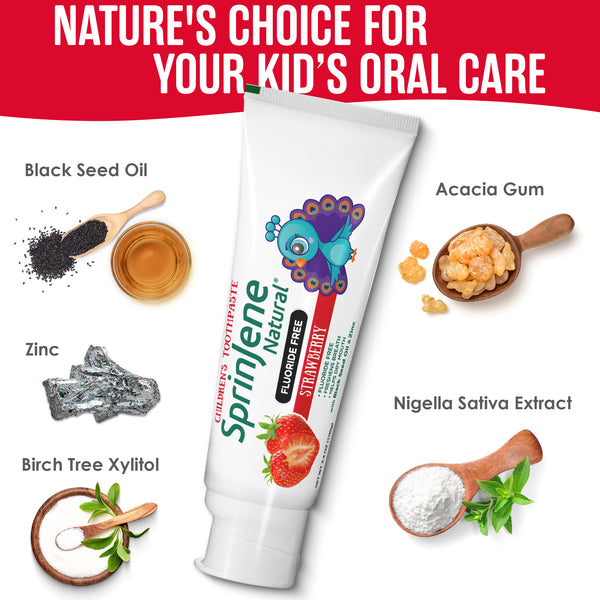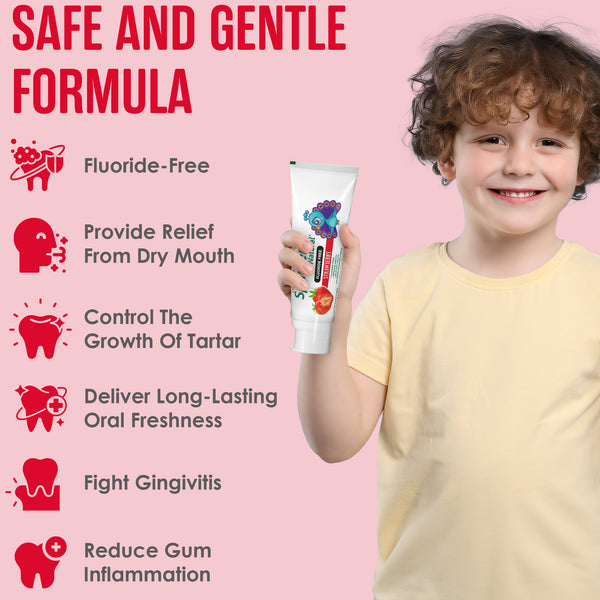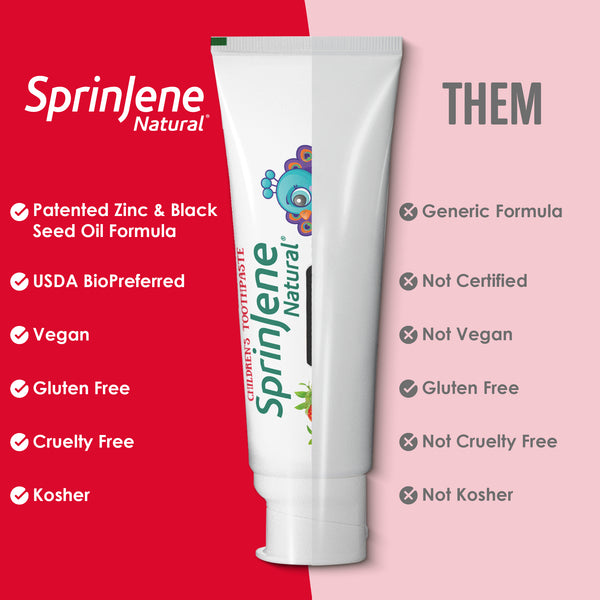Toothpaste plays a crucial role in our daily routine for maintaining oral hygiene, diligently working to ensure our teeth stay clean and healthy. However, lately, there's been an air of uncertainty surrounding toothpaste, with whispers and assertions hinting at potential long-term health hazards linked to its usage.
In this article, we set out on a quest to unravel the reality behind these assertions, delving deep into the scientific proof that supports toothpaste's safety. It's time to unravel the enigma, acquire knowledge, and make well-informed choices about our oral well-being.
Understanding Toothpaste Ingredients
Before we delve into the debate, it's crucial to acquaint ourselves with the core ingredients that make up toothpaste. A symphony of elements, carefully calibrated to promote oral health, comprises toothpaste. Within this mixture, you'll find a blend of ingredients like fluoride, abrasives, humectants, detergents, and flavoring agents.
Among these, fluoride takes center stage – it's celebrated for its remarkable prowess in fighting tooth decay and bolstering enamel strength. Rigorous scientific research supports fluoride's role in maintaining oral health and safety, granted it's used as instructed. Check out the SprinJene Natural® Toothpaste ingredients.

Addressing Concerns about Harmful Chemicals
A significant concern at present revolves around the presence of harmful chemicals within toothpaste formulations. We're considering two things that might be causing problems: sodium lauryl sulfate (SLS) and triclosan[1]. Critics argue that SLS can cause oral irritations, but in reality, it poses minimal health risks. Triclosan, previously used as an antibacterial agent in toothpaste, has been phased out because of its environmental concerns, but its health impact was negligible.
Fluoride, the Controversial Ingredient
The ongoing debate regarding fluoride, a well-established element in toothpaste, has been quite contentious. Assertions of potential adverse health effects because of excessive fluoride intake have definitely captured attention[2]. Nevertheless, it's important to consider that these worries largely originate from higher concentrations of naturally existing fluoride in water, rather than the everyday use of toothpaste. Extensive research supports the safety and advantages of fluoride in toothpaste, firmly solidifying its role in averting tooth decay.
The Tale of Sodium Lauryl Sulfate (SLS)
Sodium lauryl sulfate, often criticized, plays a pivotal role in the texture of toothpaste. While regulatory bodies deem it safe, some individuals might experience mouth irritations or canker sores as a result. For those with sensitivities, SLS-free alternatives might be a prudent choice.
Navigating Artificial Sweeteners
Many toothpaste brands incorporate artificial sweeteners to enhance flavor. However, these sweeteners have sparked their own set of concerns regarding potential adverse health effects. A handful of studies have hinted at possible connections between artificial sweeteners and issues like weight gain, metabolic disorders, and even specific cancers[3]. Choosing toothpaste infused with natural sweeteners like xylitol or stevia could present a potentially safer route.
Bid Farewell to Triclosan
Triclosan, once present in select toothpaste formulations, garnered attention for its environmental and health impact. However, toothpaste's low concentrations of triclosan[1] posed minimal risks. The tide has turned, and many manufacturers have phased it out because of its changing regulations.
The Palette of Artificial Colors and Flavors
Artificial colors and flavors often grace commercial toothpaste, elevating visual appeal and taste. While generally safe, these additives might not suit everyone. Some individuals might be sensitive to specific colorants or flavorings, and the preference for natural products clashes with artificial ingredients.
The Balancing Act of Abrasiveness
Toothpaste's abrasiveness is both its strength and potential weakness. While abrasives help remove plaque and stains, excessive use of highly abrasive toothpaste can erode enamel and cause sensitivity. Opting for less abrasive toothpaste or consulting a professional can prevent such issues.
Navigating Toothpaste Use: Dos and Don'ts
Toothpaste, when employed with conscientiousness, serves as an ally in the preservation of our dental well-being. Yet, certain practices can pose risks. Swallowing toothpaste, allergies to specific ingredients, and overusing whitening toothpaste all warrant attention. Understanding and adopting safe practices are paramount.

The Promise of Organic Toothpaste with Unique Ingredients
Organic toothpaste is gaining traction, offering a natural and holistic approach. Enter black seed oil, zinc, xylitol, and acacia gum—a quartet that promises enhanced oral hygiene, fresh breath, and a safe alternative.
The Magic Ingredients: Black Seed Oil and Zinc
Black seed oil's anti-inflammatory and antibacterial properties join hands with zinc's remineralization prowess, creating a potent blend that supports gum health, fights bacteria, and strengthens enamel. These natural ingredients stand as sentinels against oral issues. Explore Black Seed Oil.

Xylitol: A Sweet Defender of Oral Health
Xylitol's sweetness is matched by its dental benefits. Its ability to prevent tooth decay, reduce plaque buildup, and aid remineralization makes it a powerful ally in the fight for oral health.
Acacia Gum: Nature's Soothing Touch
Acacia gum, sourced from the Acacia Senegal tree, emerges as a soothing protector. Its adhesive qualities stabilize toothpaste, stimulate saliva production, and act as a prebiotic, nurturing beneficial oral bacteria.

The Verdict: Toothpaste's Safety Prevails
As we near the end of our journey, it's clear that toothpaste isn't a silent assailant but a steadfast ally in oral health. With the right knowledge, we can banish unwarranted fears and embrace toothpaste's role in maintaining our dazzling smiles.
Access Now:
In a world brimming with misinformation, understanding the truth about toothpaste is empowering. So, let's brush away the myths and embrace the science for a healthier, happier smile.

Frequently Asked Questions
1. Is there a possibility of toothpaste adversely affecting your health gradually over time?
Toothpaste, when used as directed, is safe and promotes oral health. Misinformation about potential harm lacks scientific support.
2. Do artificial sweeteners present in toothpaste pose any potential dangers?
Artificial sweeteners are generally considered safe, but concerns exist about potential health effects. Opting for natural sweeteners might be a safer choice.
3. Does the presence of fluoride in toothpaste carry any harmful effects?
Fluoride is safe and essential in preventing tooth decay. Concerns stem from naturally occurring fluoride in water, not toothpaste usage. Shop here for fluoride-free and fluoride toothpaste.
4. Can organic toothpaste be as effective as conventional toothpaste?
Yes, organic toothpaste with well-researched ingredients like black seed oil, zinc, xylitol, and acacia gum can offer effective oral care. Explore SprinJene Natural® ingredients.
5. What is the fundamental point to understand regarding the safety of toothpaste?
Toothpaste is a vital tool for maintaining oral health. By using it correctly and understanding its ingredients, you can enjoy its benefits without worry.
References:
- Skaare, A., Eide, G., Herlofson, B., & Barkvoll, P. (1996). The effect of toothpaste containing triclosan on oral mucosal desquamation. A model study. National Library of Medicine. doi: 10.1111/j.1600-051x.1996.tb01810.x.
- DenBesten, P. & Li, W. (2011). Chronic fluoride toxicity: dental fluorosis. National Library Medicine. doi: 10.1159/000327028
- Czarnecka, K., Pilarz, A., Rogut, A., Maj, P., Szymanska, J., Olejnik, L., & Szymanski, P. (2021) Aspartame—True or False? Narrative Review of Safety Analysis of General Use in Products. National Library of Medicine. doi: 10.3390/nu13061957

